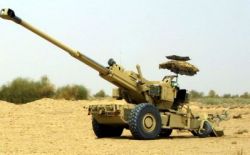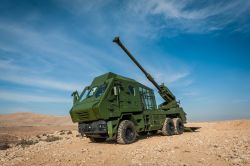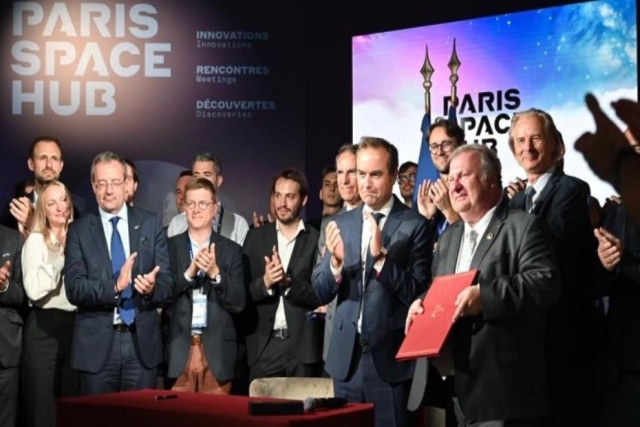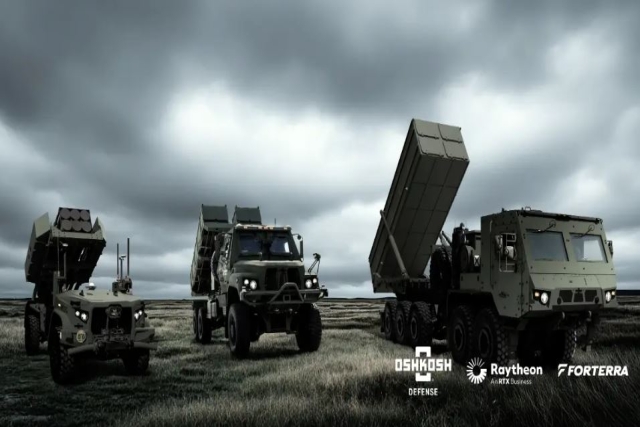Indian Howitzer Procurement Programs Could Gain Momentum
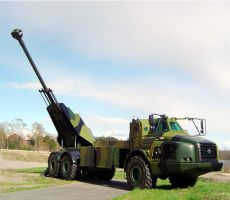
India’s removal of Denel from its blacklist and the cancellation of a deal to buy 145 M777 ultra-light howitzers from BAE Systems has thrown open its howitzer procurement programs.
The Indian Army has been petitioning the government for over a decade for rapid procurement of artillery guns. However, all procurement proposals have been delayed for reasons ranging from bribery allegations to cost overruns.
The program was first approved in 2010 when the estimated cost of the 145 guns was about $493 million but this has now risen $885 million because of inflation.
“The case for procurement of ultra-light howitzer guns through the US government has not progressed due to cost issues and because the vendor has not been able to come up with a proposal fully compliant to the offset requirements,” defence minister Arun Jaitley told Parliament in July.
India plans to procure 155mm/52 caliber towed gun systems (TGS) for which trials are currently underway. Competitors for this contract include France’s Nexter, with its Trajan gun and Israel’s Elbit fielding the ATHOS 2052 howitzer.
India is simultaneously working on developing 400 towed howitzers and building an additional 1,180 guns through a technology transfer to the state-run Ordnance Factory Board (OFB).
Meanwhile, South Korean Samsung-Techwin’s K-9 Thunder and an upgraded version of Russia’s MSTA-S SP gun modified to 155mm/52cal standards and mounted on a T72 main battle tank chassis are vying to fulfill the Army’s initial requirement for 100 self-propelled tracked (SPT) howitzers.
BAE Systems won the $700 million howitzer deal through the Pentagon’s foreign military sales in 2010 after BAE’s competitor for the contract, ST Kinetics, was blacklisted for alleged corruption in another deal.
Denel was banned in 2002 after allegations surfaced that it paid kickbacks to secure a contract with the Indian Army to sell 1,000 NTW-20 anti-material rifles along with 398,000 rounds of ammunition.
Several Indian Army projects including the purchase of 155mm/52 caliber artillery guns were stalled and subsequently cancelled after the blacklisting.
However, with the ban behind, Denel could now emerge as one of the top contenders for the contract. Other competitors for this contract could include not only BAE Systems but also Israel’s Soltam with its TIG 2002 and the Bofors FH-77 B05.
Russia is also likely to compete for the contract, as is Larsen&Toubro, an Indian company.
India has not bought artillery guns since the Bofors deal in 1986. And The Ultra-Light Howitzers are expected to be stationed in the Northern sector and North-east in the areas bordering China and is expected to dramatically boost the firepower of the Indian Army.
